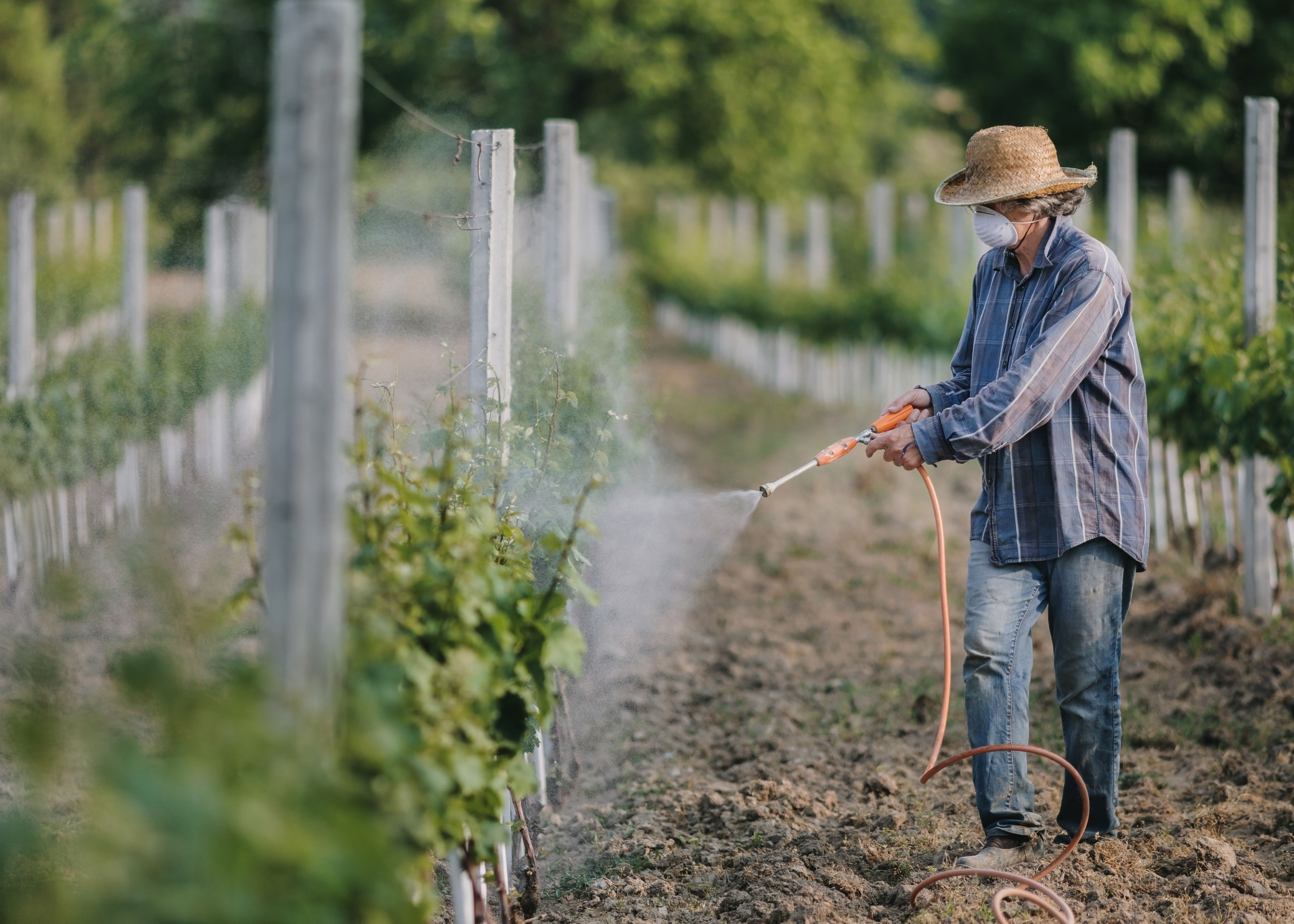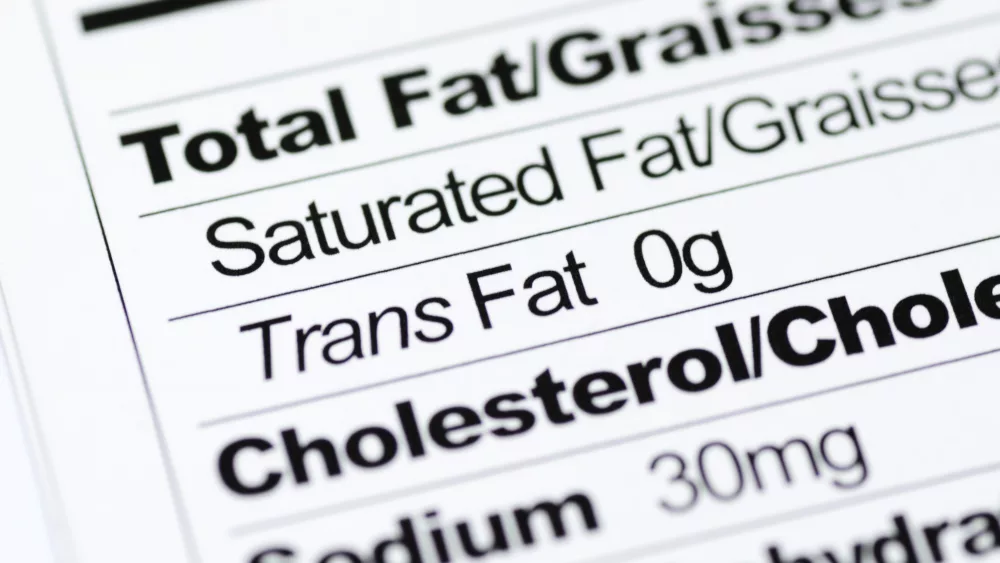
Back in early 2020 a local farmer became suspicious. When she sprayed weeds with an “organic” herbicide called Agro Gold WS it performed nearly as well as the synthetic herbicide called Roundup. Hoping to get some answers, she contacted the California Department of Food and Agriculture (CDFA). It wasn’t the agency’s first such call, and by Dec. 4, 2020, a rare stop-use order for the “biological amendment” made by Florida-based Agro Research International, LLC (ARI) had been issued statewide.
Eighteen months later, in June 2022, the CDFA announced a penalty of $1.89 million (plus over $92,000 for investigative costs) against Agro Research International. Their investigation had analyzed 16 unique lots of Agro Gold WS and identified 378 counts of “unequivocal confirmation of adulteration with diquat and glyphosate,” which are the two active chemicals in Roundup.
When Agro Gold WS first hit the market, local vineyard owners were excited. Here was a product that was said to be full of organic nutrients along with a bit of clove oil that might take the place of the widely maligned weed killer.
“I was skeptical at first, but when my sales rep showed me the data I was sold,” said a local organic grape farmer who also asked for anonymity. “We’d never seen an organic weed-control treatment work so well in the vineyard. It was a real blow to find out it may have included banned chemicals.”
ARI has denied adding glyphosate or diquat to its products, and according to its website, Agro Gold is still for sale, although California, Washington, Oregon and a few other states have banned its use. The product is still legally used in other locations.
A little refresher on Roundup
First introduced by Monsanto in 1974, Roundup was initially believed to be harmless to anything other than the plants onto which it was applied. Because the enzyme glyphosate is only found in plants and not in animals and humans, it was believed that it would have no negative health impacts. The product was considered so safe that the Monsanto scientists who invented it were fond of claiming that drinking Roundup was harmless. The result was that Roundup fast became the most widely used herbicide on the planet.
In the mid-1990s, when the patent for Roundup was ending, Monsanto came up with a brilliant new idea. Because glyphosate was an indiscriminate herbicide—that is, it killed any plant to which it was applied—researchers created genetically modified seeds for crops such as corn and soybeans that were essentially immune to the Roundup. The result was that farmers could plant their crops and then spray them throughout the year to kill the unwanted weeds while having no effect on the crops themselves. This was a boon for Monsanto — which could now sell both the seeds and the Roundup. The result? The worldwide application of Roundup skyrocketed. A 2017 study found that Americans’ exposure to glyphosate had increased roughly 500% since the so-called “Roundup Ready” genetically modified glyphosate-tolerant crops were first introduced in 1996. Unfortunately, studies are now showing that glyphosate is correlated with cancers and liver and kidney damage. In 2018, Bayer, the German chemical and pharmaceutical maker, paid $63 billion to buy Monsanto, with one of the firm’s larger assets being Roundup.
Although there are no “Roundup Ready” grapevines because vines go dormant during the winter months, using glyphosate became a common practice for many grape farmers who sprayed to keep weeds at bay during late winter or early spring before budbreak.
Due to the innocuous nature of the ingredients listed on the label of Agro Gold WS, this product was not closely monitored or regulated as a synthetic chemical. These non-regulated products are also not required to be included in pesticide reporting to the California Department of Pesticide Regulation and so are not found in the state’s Pesticide Information Portal database. Therefore, there is no way to confirm exactly who applied these products and how much has been used.
Because Agro Gold WS was listed as “approved for use in organic” prior to the ban, farmers who used the product should not see their organic rating put at risk so long as they have ended use and are in compliance with current standards.
The lasting effect of the Agro Gold WS saga, however, should be a reminder for the wine industry that claims of additives or application products that are not tested or regulated should carry with them increased scrutiny and a healthy dose of skepticism. Caveat emptor is the Latin expression that means “Let the buyer beware.” If it’s too good to be true, it probably is.




